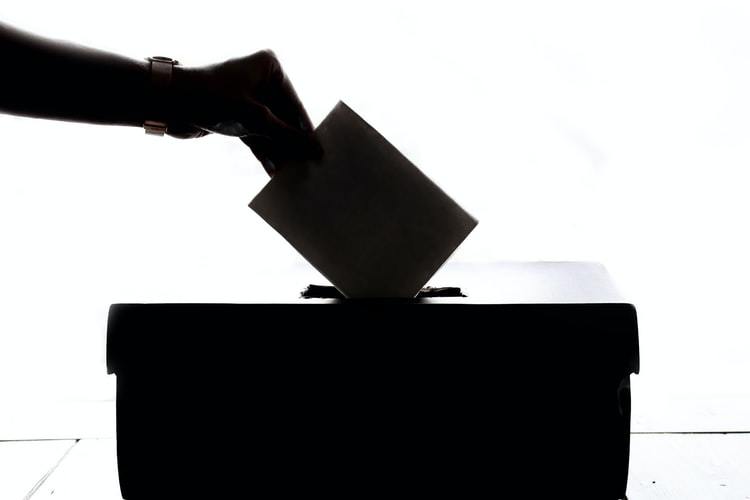CHICAGO — A federal appeals panel is allowing state authorities to continue to argue a federal judge was wrong to ease requirements for third-party and independent candidates to gain ballot access amid the COVID-19 pandemic.
The U.S. Seventh Circuit Court of Appeals issued an order July 15 denying a motion to dismiss an Illinois State Board of Elections’ appeal.
On April 3, the Libertarian Party sued the state, asserting Gov. J.B. Pritzker’s stay-at-home orders infringed the constitutional rights of its candidates by complicating the collection of signatures on nomination petitions. The Green Party joined the lawsuit, as did independent candidates.
U.S. District Judge Rebecca Pallmeyer sided with the third parties, finding the safety restrictions, “which started at nearly the same time as the window for gathering signatures,” created a “nearly insurmountable hurdle” impeding general election ballot access.
Pallmeyer then moderated a deal significantly reducing signature requirements and moving the petition filing deadline from June 22 to August 7. After initially agreeing to those terms, state officials sought a reconsideration, claiming local election officials said the new deadline would make it too difficult to run an election in November. The state was represented on its request for reconsideration by attorney Michael J. Kasper, an ally of Illinois House Speaker and state Democratic Party Chairman Michael Madigan. Kasper was designated as an Illinois Special Assistant Attorney General for his work on this case.
Also designated as special assistant attorneys general on the case were attorneys Adam Vaught and Lari Dierks, of the firm of Hinshaw & Culbertson, of Chicago. Vaught has represented Madigan personally in other legal matters.
On May 15, Pallmeyer rejected the portion of the reconsideration request seeking to increase the signature threshold, but moved the filing deadline to July 20.
The state appealed June 6 to the Seventh Circuit court. On June 21, the Seventh Circuit refused to put a hold on Pallmeyer’s order.
On July 6, the ISBE filed a statement questioning the “authority of the federal courts to modify the Election Code in light of situations such as the COVID-19 pandemic’ and calling for further briefing and oral argument.
“Even after the July 20, 2020 deadline passes,” the state said, “this Court may consider the issues presented in this appeal.”
The ISBE noted litigation surrounded elections has been allowed to persist in court even after a particular voting cycle in order to establish requirements for future elections. It specifically predicted challenges to other Election Code provisions should the pandemic persist during November voting and said such “cases will also be severely truncated and based on a continuously changing landscape.”
The third-parties and indpendent candidates responded July 10, saying the issue was moot because of the Seventh Circuit’s June 21 order. They moved for dismissal.
The deadline the state “hoped to resurrect has obviously passed,” the third parties argued, and the July 20 deadline was fast approaching, making it “exceedingly unlikely” the appeal would be resolved. Should candidates be removed “from the ballot at that late date, moreover, even if humanly possible, would raise all the concerns cautioned against by the Supreme Court.”
However, in its July 15 order, the Seventh Circuit said it would not dismiss the state’s appeal, instead ordering it resolved on an expedited schedule. It ordered the third parties and independents to file a brief by July 17 and set an August 3 deadline for any response from the ISBE.
The plaintiffs have been represented in the action by attorneys Oliver B. Hall, of the Center for Competitive Democracy; Mark R. Brown, of Columbus, Ohio; and Samuel J. Cahnman, of Springfield.
